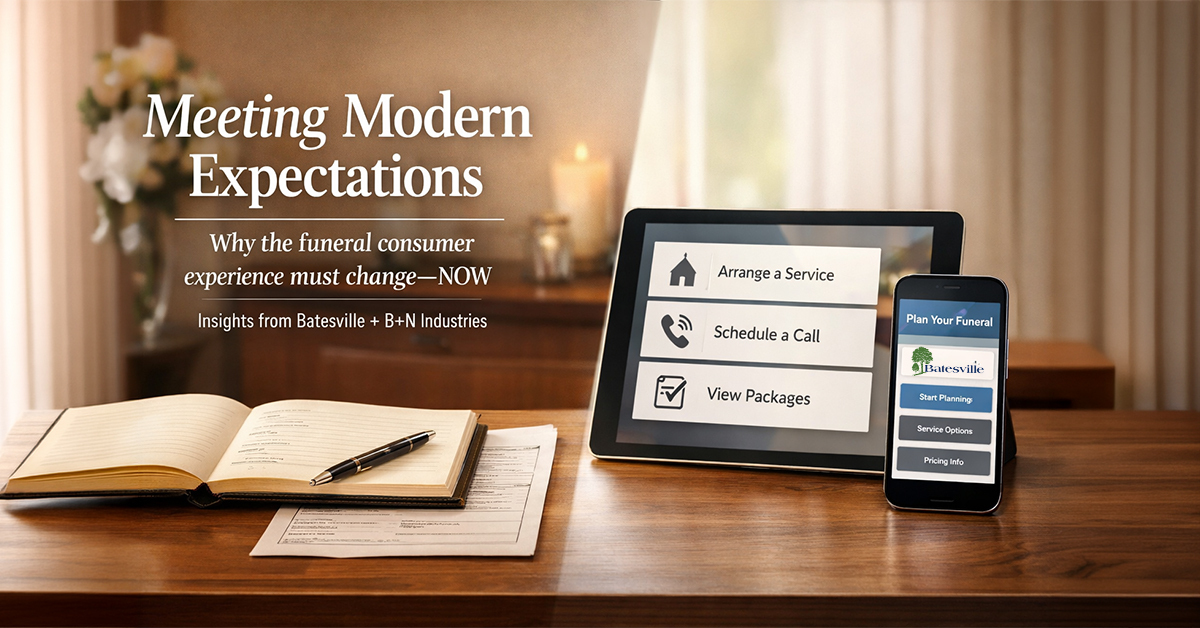Why You Should Never Pick a Fight at 3:00 p.m.
Thank you to Dr. Davana Pilczuk of The Human Performance Group for this article. Dr. Pilczuk is an award-winning kinesiologist who specializes in human performance. She is a speaker, writer and consultant for Fortune 500 companies, sports teams and small businesses.
We all get cranky. It is part of being human. But did you know there are key times in the day where we are exceptionally prone to feeling tired, losing focus and yes, being cranky? These unpleasant effects are due to a phenomenon called a circadian low that all people experience every single day.
We are all familiar with being tired in the afternoon, but did you know that that feeling is part of a circadian rhythm that happens every 12 hours? In the middle of each night around 2:00 to 5:00 a.m., we hit a circadian low and our bodies want to be in deep sleep. Then 12 hours later between the hours of 2:00 and 5:00 p.m., we get tired again and our bodies would love a nap. Since most of us cannot nap in the middle of the day, we just push through that tired feeling.
Unfortunately, there are some unpleasant side effects that come along with being in a circadian low. Our ability to concentrate takes a nosedive, and it becomes a real struggle for us to focus on anything that requires a decent level of thinking. Try doing your taxes at 3:00 p.m. Good luck not messing up and forgetting what on earth you are doing. These are common, typical symptoms of a circadian low, along with having poor memory recall, and feeling irritable. Our moods follow a daily rhythm with us feeling happier, more energetic and engaged from about 8:00 a.m. until noon, and then by midafternoon we become crankier, meaner and regress to being three years ready to have a melt down because we’ve missed nap time. So, what does this mean for you and your business?
People are crankier at 3:00 p.m.
Pay attention to how people behave in the afternoon, especially after 2:00 p.m. It is extremely common for people to have shorter attention spans (its hard to focus when tired) and can be more difficult to work with (this goes for customers and employees) between 2:00 p.m. and 5:00 p.m. If you have a meeting with someone in the afternoon and you know this might be a difficult conversation, I highly recommend moving the meeting time to tomorrow morning if at all possible. People are far more pleasant and open to learning and negotiating before lunch time versus after it. Once the morning passes and our low kicks in, we become less receptive to negative feedback or hearing unpleasant news.
If a family member or potential preneed client comes in and seems to be annoyed or disinterested, do not take it personally. Much of our mood and reaction to life events is heavily affected by the time of day that we experience them. In this case, I would provide them some basic information, then invite them back for the full experience the next morning. In the mornings, provide snacks, nice music in the background, maybe even some aromatherapy in key areas. All these sensory stimulants improve our moods, which don’t forget, are much more positive in the morning.
You’re cranky too
Keep in mind, his circadian low affects you too. You are also more sensitive to criticism, less patient with mistakes and little frustrations, and you are much more likely to react more harshly to difficult people in the afternoon. Pay attention to the clock when you find yourself getting irritated by other people’s behavior. Maybe arrangements are not going smoothly and you’re behind schedule. Its normal to feel mad about it, but if its close to 3:00 p.m., you will feel MORE annoyed simply because your body is tired. As much as we all want to give our A-game all the time, it just is not physiologically possible. We can only be alert, vigilant and happy for so long, then our bodies peter out for a little bit.
The good news is, a circadian low last for about 1.5 to 2 hours, so you will get your happy, spunky self back once it passes. Try to accept that human bodies, like machines, have certain capabilities and limitations. By understanding that one of those design limitations is the need to power down every 12 hours, you can start to be more understanding of yourself and others when it comes to mood and performance.
Keep your most crucial, customer-focused work to the morning times when you feel your best. And if your mother-in-law or the IRS calls you around 3:00 p.m., I suggest you just let it go to voicemail and call them back in the morning.
“Dr.D” Is an award winning kinesiologist specializing in helping businesses and sports teams improve their performance. Have questions or interested in learning how to design your day around your body’s physiology? Contact her at davanapilczuk@hotmail.com.




